Bel a capella joins the marrickville symphony orchestra for a choral fantasy
What a thrill to watch the creation and growth of a new music ensemble. When that ensemble, like Phoenix, rises from the ashes of something that lived before, there is an added sense of history.
This is the story of the Marrickville Symphony Orchestra, the first council supported community orchestra in Sydney, founded in 1930 and dissolved in 1945. Fast forward to the 21stcentury and two already busy Sydney music personalities Brett Weymark and Tony Breese who revived this orchestra in 2010. Chief Conductor and Artistic Director. Brett Weymark, and Music Administrator Tony Breese breathed life back into this ensemble which has its home in the magnificent 1922 edifice which is the Marrickville Town Hall. The re-creation of this orchestra has opened up opportunities for Sydney’s emerging musicians to hone and showcase their skills.
Conductor Anthony Pasquill takes the baton for the August performance of the Marrickville Symphony Orchestra. Pasquill graduated from Leeds University and gained an all round appreciation of music from his time as a treble chorister and subsequent study of the clarinet, piano and organ. After post-graduate studies in the USA, Pasquill garnered experience in both orchestral and choral conducting, making recordings, undertaking master classes and conducting competition winning choirs. He has worked with, amongst others, the SBS Youth Orchestra, the Willoughby Symphony Chorus, and his own ensemble, Bel a capella. Pasquill is studying for his MMus in conducting and is a member of Symphony Australia’s Conductor Development Programme.
The August concert will draw together instrumental and vocal music through the ages, by Wagner, (Prelude to Lohengrin, and Treulich Gefurt) Schubert – two separate works for male and female voices, ( Nachtgesang and Psalm 23), Bruckner (Ave Maria) and Cherubini (Requiem in C minor).
Also on the programme Beethoven’s Fantasy in C minor opus 80 for which pianist Tatiana Roitman Mann will join the chorus and orchestra. Dr Roitman Mann is currently Artist-in-Residence at the University of Arkansas, Little Rock. Her work includes solo, orchestral and recording work in North America and Europe and is strongly guided by the belief that only way that “art” music can remain pertinent in the 21st century is by conveying and elevating its emotional quintessence.
Dr Roitman Mann performs the Beethoven Fantasy on the heels of a recent rendition of Beethoven’s Piano Concerto No 4 op.58, in San Diego. Her interpretation of contemporary music is well recognized with performances of music by Villa-Lobos, Bartok and Stravinsky, and contemporary American composers Elliot McKinley and Milton Babbitt. She has placed her hallmark on Gershwin’s Rhapsody in Bluehaving performed it on radio, in the concert hall, and the big band version for Naxos on the album Jazz Nocturne – American Concertos of the Jazz Age.
With her extensive experience in contemporary music, SoundsLikeSydney asked Dr Roitman Mann what she brings to the music of Beethoven that she has acquired performing contemporary music. “Indeed, I have performed a great deal of 20th and 21st century repertoire, but I do perform Baroque, romantic and classical works as well. Contemporary music is very often known for rhythmic, harmonic and structural innovations” she says. “Similarly, at the end of the 18th/ beginning of 19th century, Beethoven’s treatment of musical form, rhythmic and harmonic structures was considered incredibly daring. Many of his works, including the “Choral Fantasy”, became an integral part of the compositional foundation for centuries to come – either as a point of imitation or of departure”.
“Whether I perform Gershwin, Saint-Saens, Bach, Babbitt or Beethoven, I want to create an exciting performance. At the same time I also make sure to stay true to the score. While I’m sure my personality comes out in my performances, my approach to generating that exciting energy starts and ends with an exploration of the composer’s intentions in the music. A hallmark of a great masterwork is that one can always discover something new within its score”.
It is possibly this passion that led the BBC to describe a Roitman Mann performance of Rhapsody in Blue as “formidable…and with rarely seen joy.”

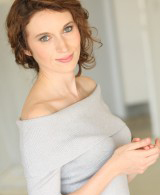


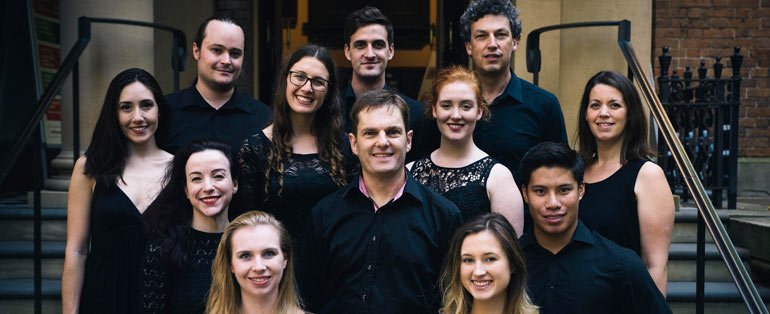
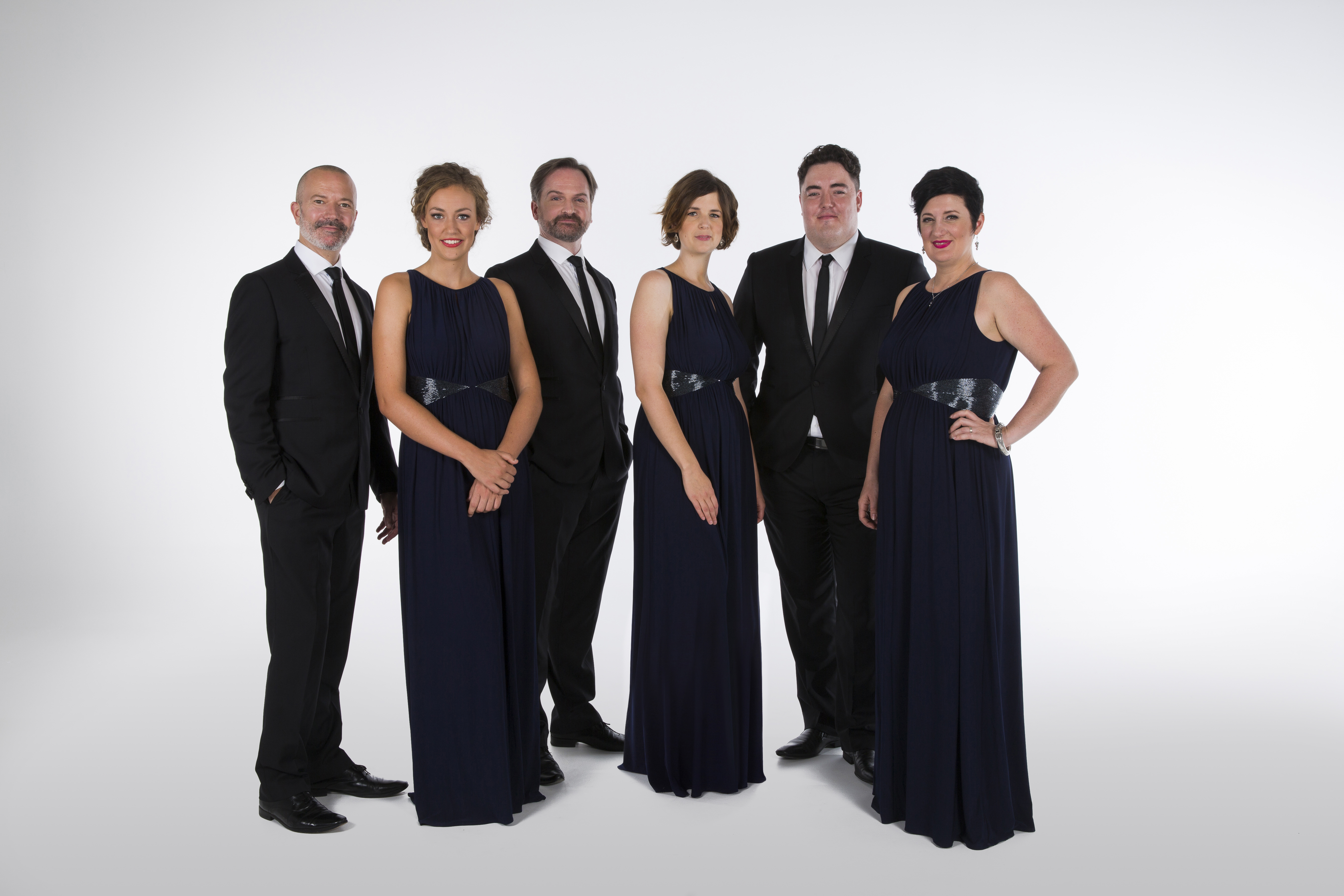
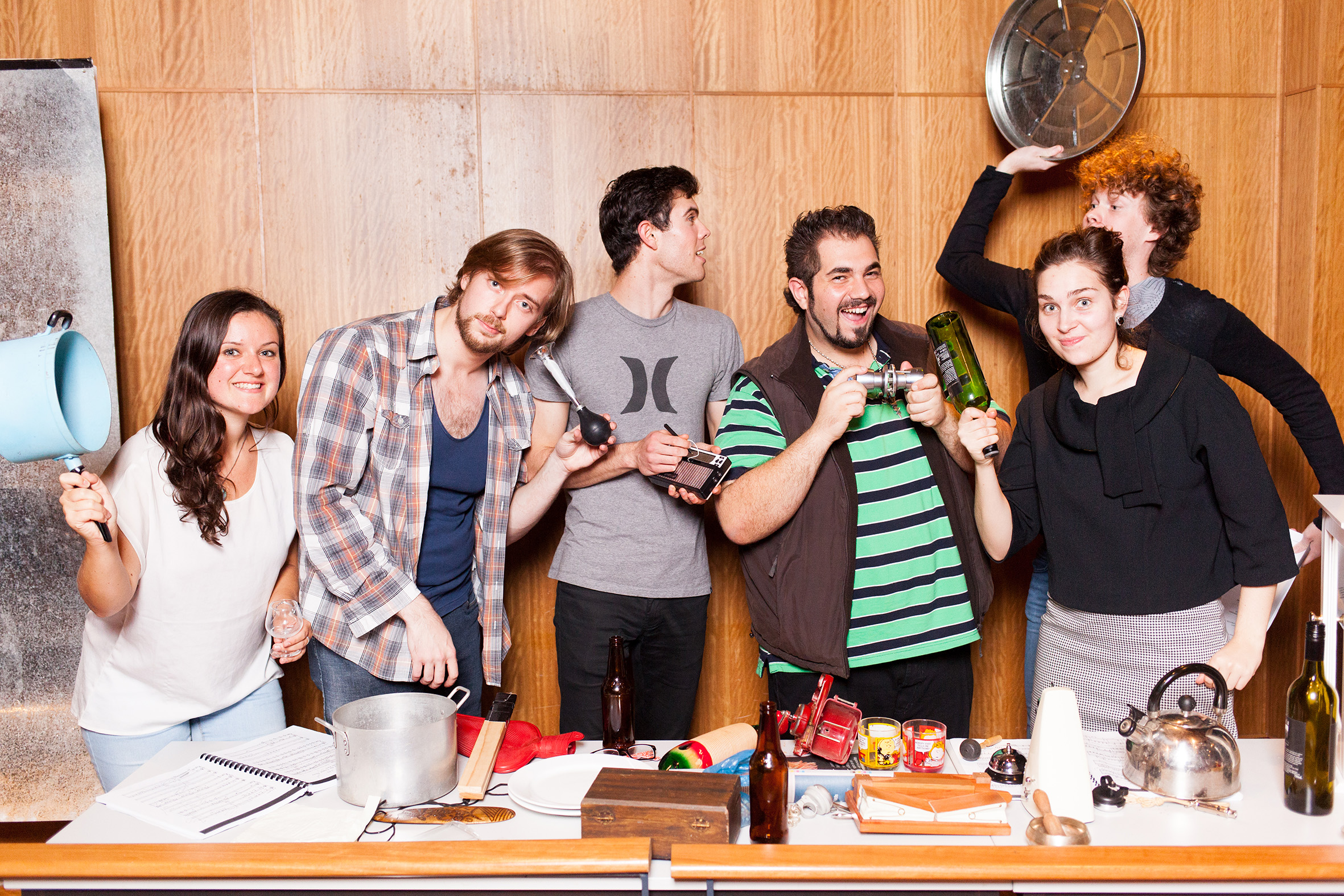
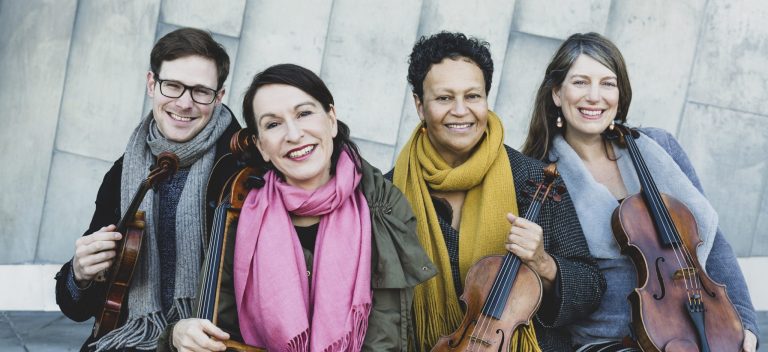
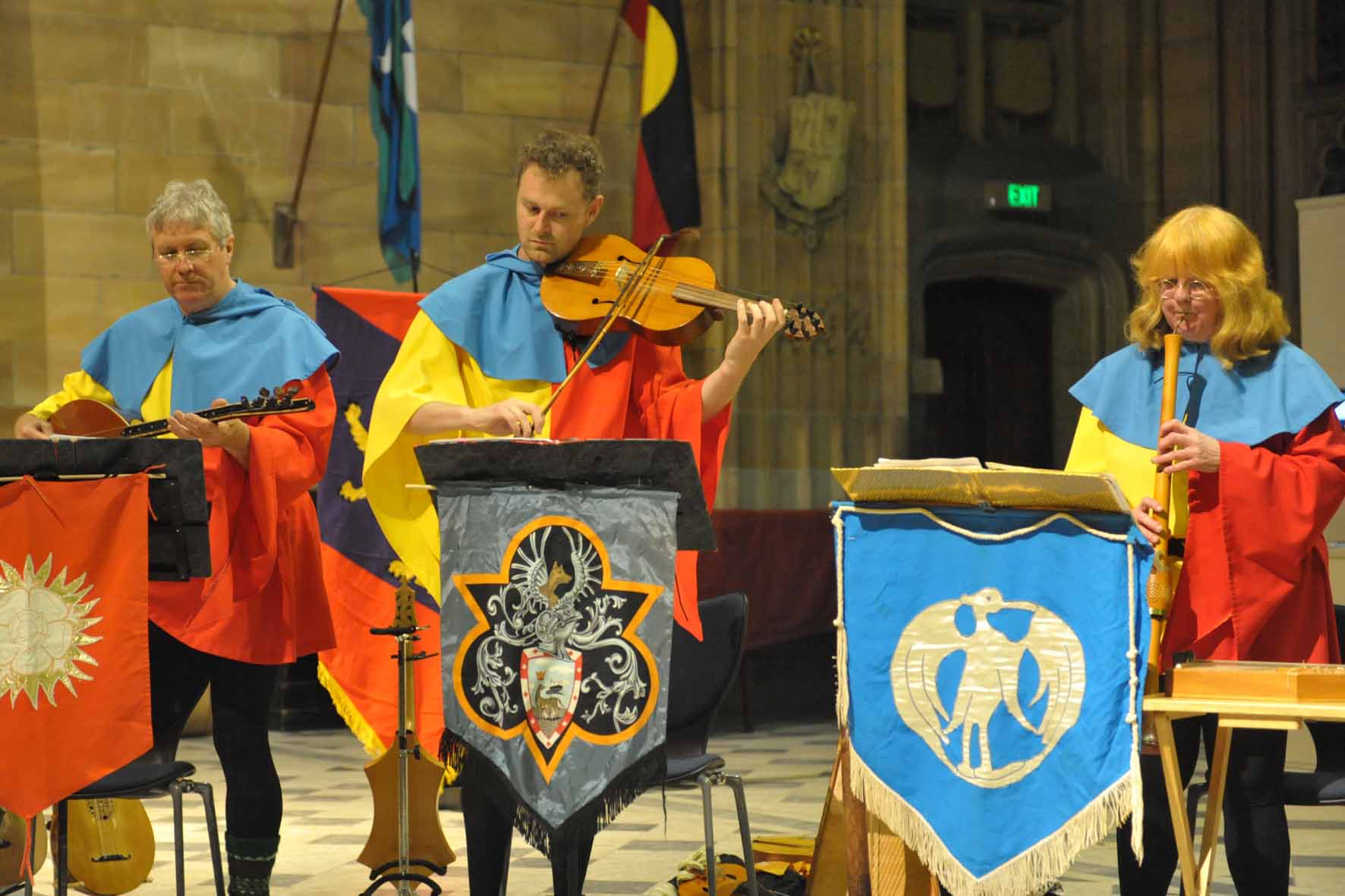
One Comment